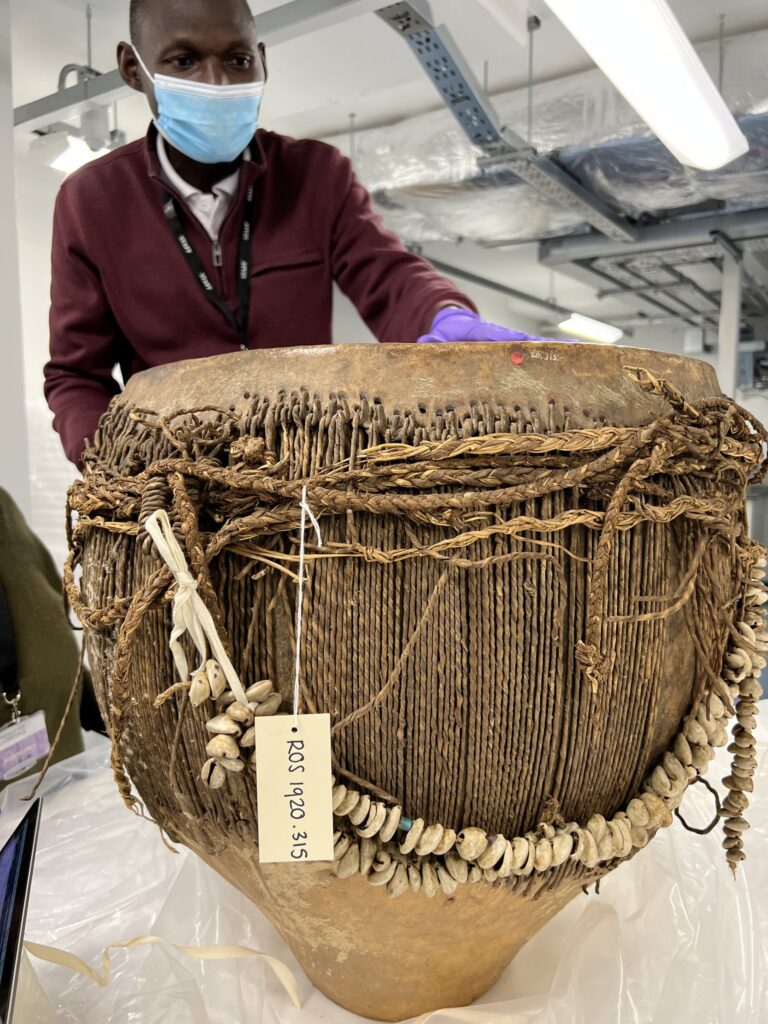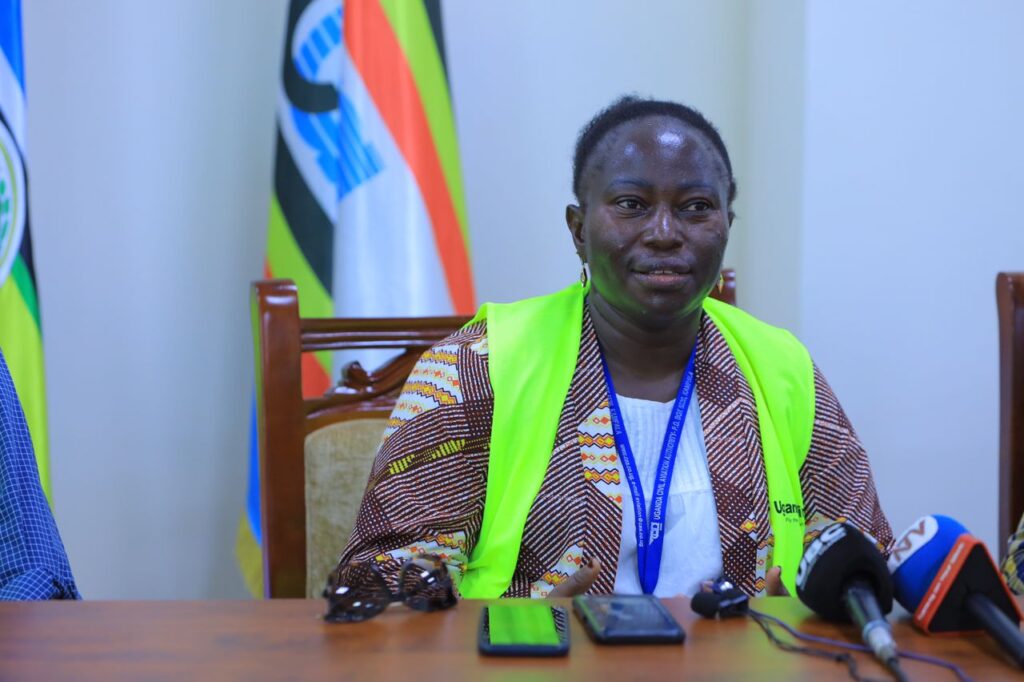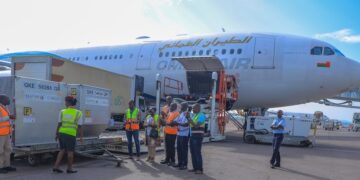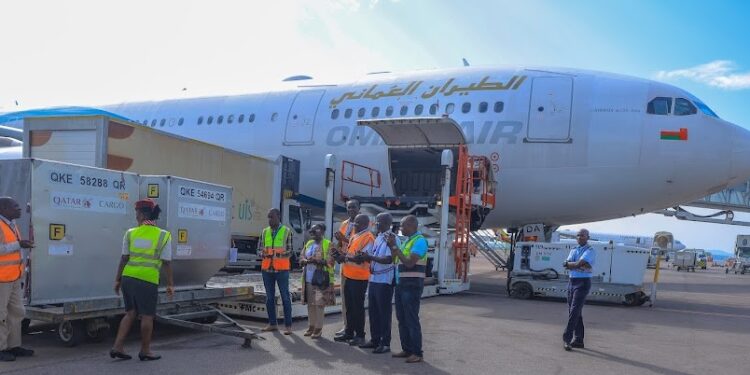The government of Uganda, through the Ministry of Tourism, Wildlife, and Antiquities, has received 39 significant artefacts returned from the Museum of Archaeology and Anthropology, Cambridge.
These invaluable pieces were taken from Uganda during the 1890s and early 1900s by British colonial administrators, anthropologists, missionaries, and soldiers. Many have been housed at Cambridge University’s Museum of Archaeology and Anthropology for over a century.
The artefacts come from various regions of Uganda. Among them is a drum from Bunyoro, brought to Cambridge in 1920, and a collection of Balongo sacred ‘twins,’ which held important ritual purposes in Buganda.
In his remarks shortly after receiving the artefacts, the Minister of State for Tourism, Martin Mugarra, stated that this process marks the beginning of repatriating many artifacts.
“We are glad to be receiving these artifacts today. Hopefully, Ugandans will understand their historical significance, enabling us to appreciate and integrate them into our cultural heritage,” said Mugarra. He noted that Uganda has received the largest consignment at once compared to other countries and is optimistic about further repatriation efforts.

“Going forward, this is just the beginning. We have more than 39 artifacts still in Britain alone, and even more across Europe. I believe negotiations will continue to bring back additional artifacts held in these countries,” he added.
“These are items we haven’t had for over 100 years. They were significant enough for colonialists to take them from Uganda to the UK. Their return is crucial not only for the ministry but also for the museums’ department. We will display and preserve them as part of our cultural heritage,” Mugarra emphasized.

Jackline Nyiracyiza, the Ag, Commissioner for Museums and Monuments, noted that the repatriation process began in 2019 but was delayed by the COVID-19 pandemic, pushing its completion to 2022. She highlighted the importance of this step in reclaiming historical objects wrongfully acquired during British colonial rule.
Nyiracyiza mentioned that the Ministry will officially hand over the five Sacred Twins (Balongo) belonging to the Buganda Kingdom to the Wamala Tombs community at a later date. She thanked the Andrew Mellon Foundation for facilitating the research and transportation of these important Ugandan artifacts back to their communities. The entire process and project cost $100,000.

This marks the second time Uganda has reclaimed its cultural heritage artifacts from Cambridge. The first instance was in July 1962 during the independence celebrations, when the Kibuuka Regalia were repatriated. The Kibuuka showcase is now one of the centerpiece exhibits at the Uganda Museum.
Derek Peterson from the University of Cambridge noted that this project is part of Uganda’s efforts through its museum to tell the story of its past.
On his part, Fred Bamwesigye, the Director General, Uganda Civil Aviation Authority, Said the artifacts will go a long way to train and inculcate culture and heritage to Ugandans.
He noted that the day is a big day in the purpose of promoting culture and museums.
He noted that when museums are improved and developed, the tourists numbers will increase specifically those interested in culture, adding that as the people in Aviation industry, they are in business.











